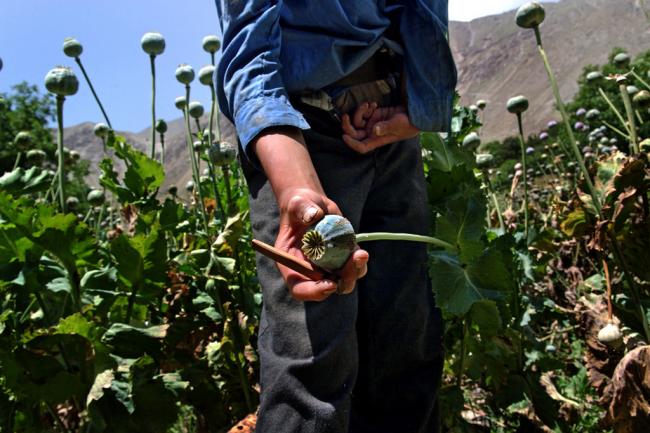
Nepal: WHO calls for efforts to boost health services in quake-hit country
“We are very concerned about the increased risk of communicable diseases, including diarrhoea, in areas where hygiene and sanitation systems are disrupted,” Dr. Poonam Khetrapal Singh, WHO Regional Director for South-East Asia, said today during a visit to Nepal's capital, Kathmandu.
“We have a four-week window to preposition medical supplies in affected districts and strengthen the country's water, sanitation and hygiene systems so as to shield it against the threat of disease outbreaks,” Dr. Singh continued.
He said, “These include water-borne and vector-borne diseases such as dengue and malaria, along with acute respiratory infections.”
On 25 April, a 7.8 magnitude earthquake shook Nepal, killing thousands while limiting access to food and leaving some 3.5 million in need of food assistance.
An estimated 8 million people across the country's Western and Central Regions are affected by the disaster, including its largest cities, Kathmandu and Pokhara.
In addition, ten hospitals were completely or partly damaged, along with more than 600 smaller facilities, predominantly village health posts, which supply basic medicines and other routine services in remote communities outside the Kathmandu Valley, according to the WHO.
The UN health agency has allotted over $1.1 million as an emergency response to the brimming health crisis facing Nepal and made available 20 emergency response staff and medicines and other health supplies for tens of thousands of people.
More than 50,000 patients have been treated in hospitals in the 14 districts most affected by the earthquake as of 5 May.
At the same time, Dr. Singh stressed that more must be done to protect the health of Nepal's people including ramping up the country's disease and response system, providing large quantities of necessary medical supplies, and supporting the recovery of the health system.
“WHO will continue working with UN partners, governments and non-governmental organizations to ensure the health of the affected people living in these harsh conditions is protected,” Dr. Singh added.
“WHO stands with the Government of Nepal as it strives to overcome this crisis.”
Photo: UNICEF/NYHQ2015-1101/Panday
Support Our Journalism
We cannot do without you.. your contribution supports unbiased journalism
IBNS is not driven by any ism- not wokeism, not racism, not skewed secularism, not hyper right-wing or left liberal ideals, nor by any hardline religious beliefs or hyper nationalism. We want to serve you good old objective news, as they are. We do not judge or preach. We let people decide for themselves. We only try to present factual and well-sourced news.







